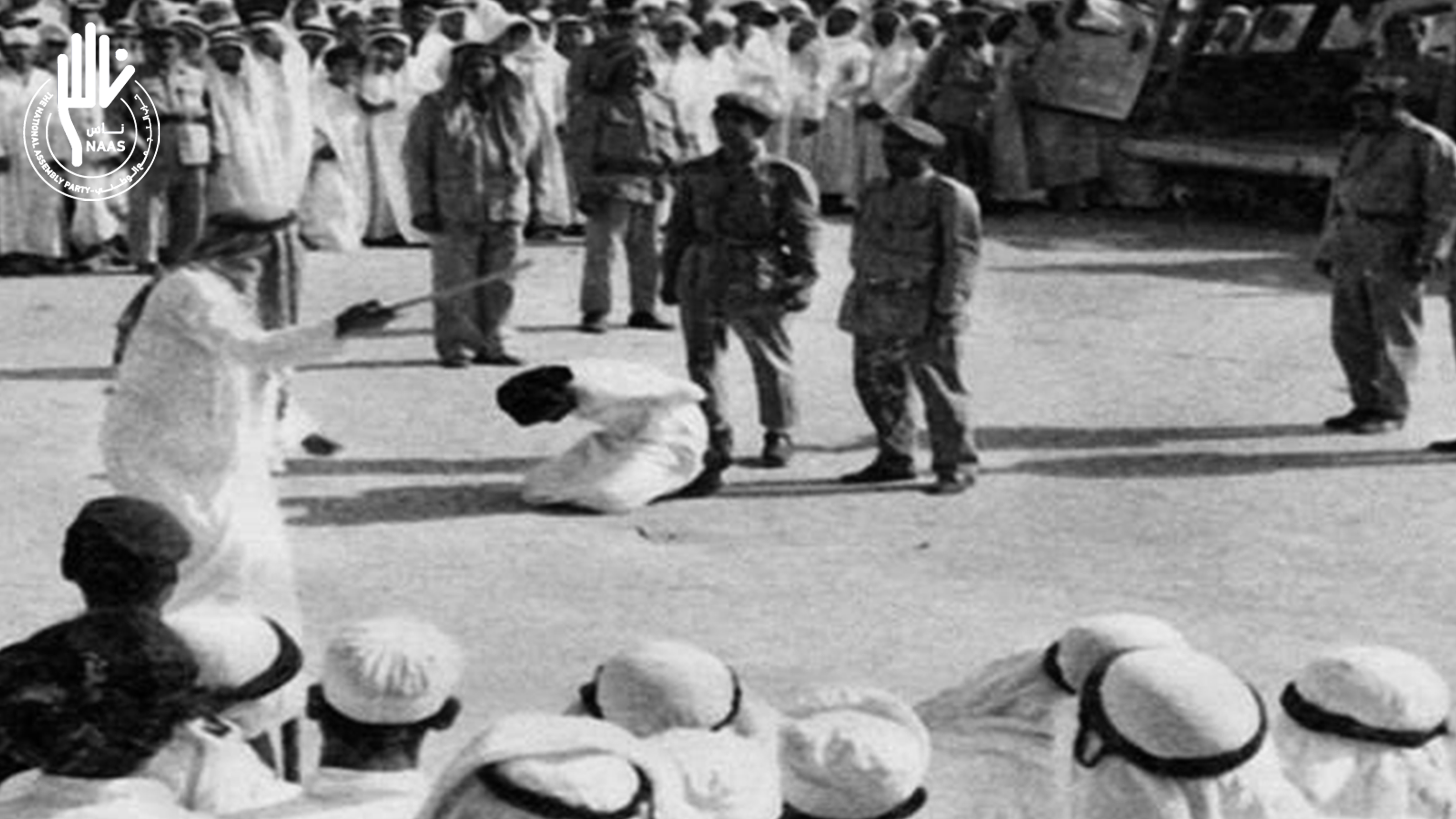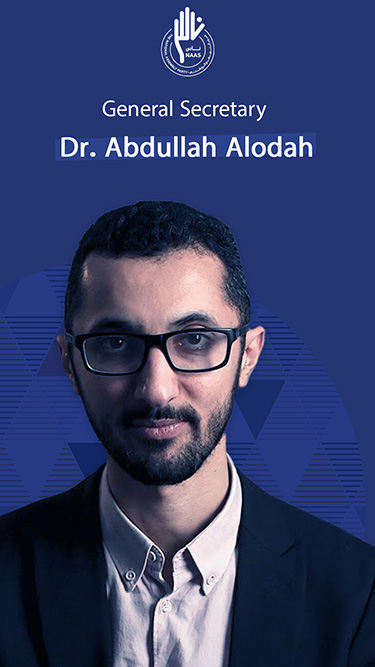On political executions

The National Assembly Party (NAAS) denounces the Saudi authorities’ politicisation of the death penalty and its usage to deter people from pursuing the enshrinement of their legitimate political and civil rights, such as peaceful protest and freedom of expression. We mourn the dozens of our people lost to these executions. The latest case was that of a youth named Mustafa Al Darwish who was convicted as a minor based on confessions extracted by torture. His trial lacked basic legal guarantees, despite pledges made governmental agencies to end the execution of minors, including Al Darwish who was mentioned by name. This horrendous act is emblematic of a wider repressive approach highlighted previously by the extrajudicial killing of Saudi journalist and critic Jamal Khashoggi.
The NAAS, therefore, asserts the need to confront this approach, especially after the mass execution sentences issued against several Muslim Brotherhood leaders in Egypt, following long, politicised, trials lacking basic guarantees. We are gravely concerned that the Saudi authorities will take the same approach against hundreds of political prisoners on the basis of belonging to the Muslim Brotherhood or other non-violent groups and associations. People have a right to free, non-violent association; labelling them as ‘terrorists’ is no more than an attempt at vilification, persecution, and separation from non-violent political work, creating a tumultuous climate which enables the rise of violent groups and leaves no room for stability and political and civil peace.
We call on all responsible parties and persons to heed their national and human duty to confront such practices and reform political and legal avenues in the pursuit of the peaceful transfer of power and the protection of people’s right to freedom of expression, political association, and peaceful assembly, without exclusion, persecution, or torture.
Finally, it is of grave concern that the death penalty – a final and in-correctable act – has reached its highest record in Saudi Arabia under the current rule of King Salman, which runs against a worldwide trend of decline in death penalty application. This reflects the high politicisation of this form of punishment and the diminishing role of fundamental laws, rights, and freedoms. It is of utmost urgency to take action regarding the ongoing cases of minors facing the death penalty on the basis of political belonging. They might come from various backgrounds and belongings, but they all face the same fate, and, therefore, need us to stand united to put an end to these practices once and for all, lest it becomes a lived, entrenched everyday reality, enshrined by law, targeting all of us.
